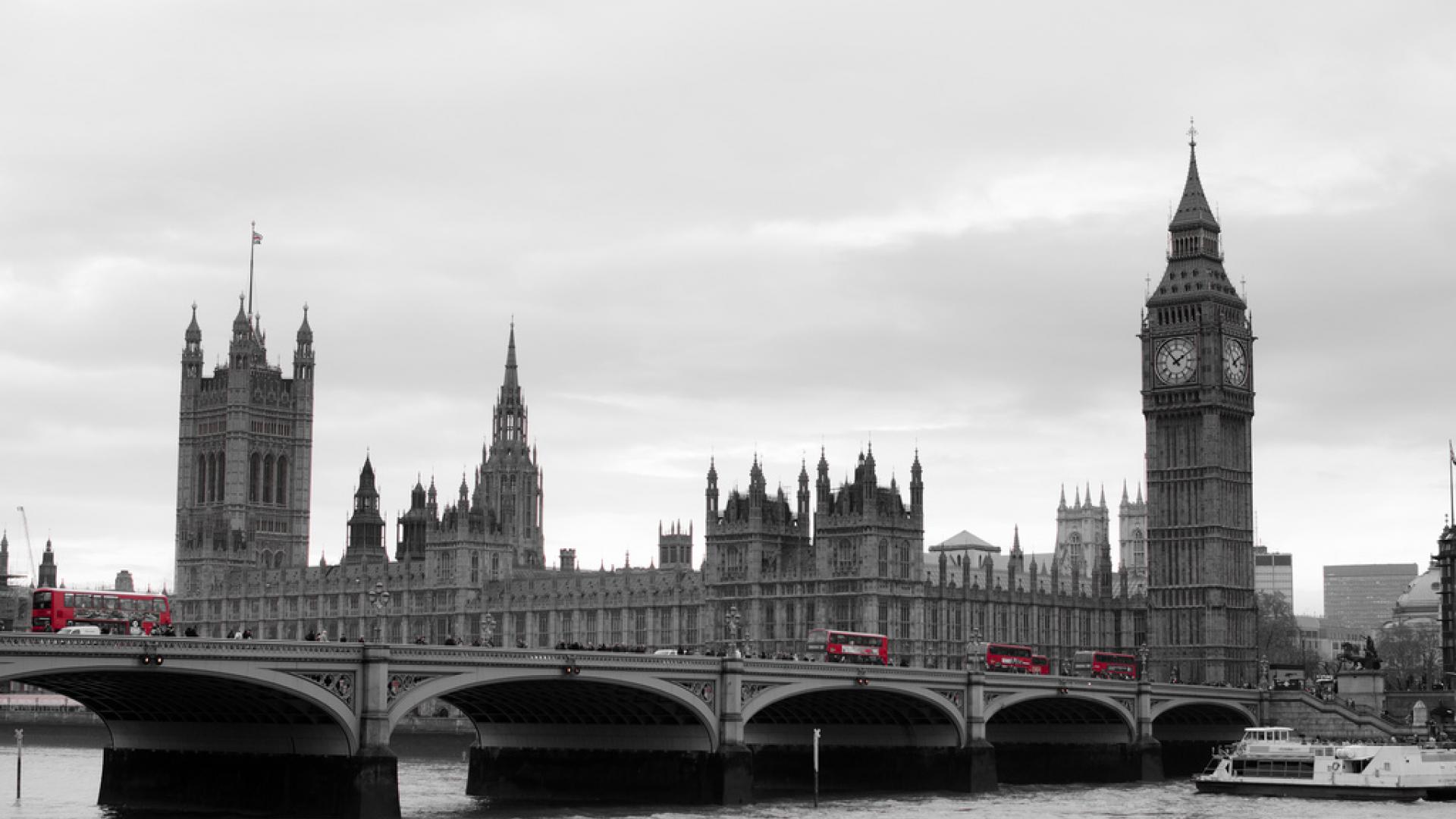Now that the chips have settled and the Lobbying Bill has been passed, we can reflect on the fallout for the government and the third sector.
For the government
There have been very few positives. Having started with the noble intention of cleaning up lobbying, the government has strained its relationship with the third sector and introduced a poor piece of legislation that does little to tackle the concerns of the public.
Indeed, as our recent data suggests, only 15% of the general public believe that charities should be restricted in their political lobbying. This compares to 54% who believe oil and gas firms should be restricted and 62% who feel the same about the tobacco industry.
Not that oil and gas firms will be affected by the lobbying bill, particularly when, as this successful freedom of information campaign by the Guardian revealed, the Department of Energy alone employs over 20 staff from big oil and gas firms.
Another group that the public would like to see lobbying restrictions on are wealthy individuals, who also remain untouched by the Bill. As Caroline Lucas MP explains, “Big business or wealthy people like Lord Ashcroft don't influence politics through charities, small community groups or campaigning organisations. They often already gain it through family connections or social networks, or they buy it through donations to political parties.”
For charities
The third sector pushed hard to amend the legislation on the Lobbying Bill and this was picked up in our parliamentary research. When we asked MPs which campaigns they recalled over the last six months (a question in which we usually see specific charity campaigns mentioned), 6% of Conservatives and 5% of Labour MPs spontaneously recalled “Lobbying Bill campaigning”.
One MP I spoke to recently was amazed by the huge collaborative effort the sector put into amending the legislation, but also could not understand why the coalition seemed intent on spending so much political capital on a Bill with very few benefits.
Not all MPs were impressed by the campaigning however. Commenting on a specific charity, one Lib Dem said “…One of several [charities] that blotted their copy book with me by adopting a thoughtless opposition to the Lobbying Bill.”
In hindsight, this Bill should have been seriously edited as soon as it was drafted. The relationship between the government and the third sector has been bruised, and the public will be very unlikely to believe that David Cameron has avoided his ‘next big scandal’ with this legislation.
Given that the polls are currently suggesting that this same coalition government is the most likely outcome after the next election, one hopes that it avoids such unnecessary encounters in the future.
Over the coming weeks, we will publish a report on how charities can best cope with the impact of the Lobbying Bill at the next election. Stay tuned.
Do we have something in Commons? Or have we lost your vote? Leave us a comment below.

